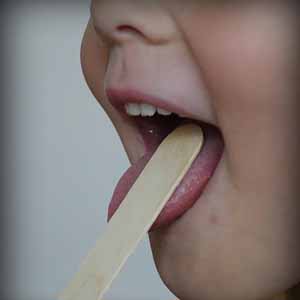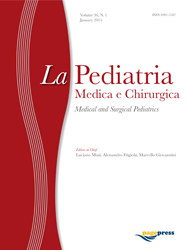Articles
Vol. 45 No. 1 (2023)
The impact of parental psychological distress on child behavior issues in hospitalized children

Publisher's note
All claims expressed in this article are solely those of the authors and do not necessarily represent those of their affiliated organizations, or those of the publisher, the editors and the reviewers. Any product that may be evaluated in this article or claim that may be made by its manufacturer is not guaranteed or endorsed by the publisher.
All claims expressed in this article are solely those of the authors and do not necessarily represent those of their affiliated organizations, or those of the publisher, the editors and the reviewers. Any product that may be evaluated in this article or claim that may be made by its manufacturer is not guaranteed or endorsed by the publisher.
Received: 10 February 2023
Accepted: 21 May 2023
Accepted: 21 May 2023
1795
Views
786
Downloads
28
HTML



